Effective Teaming
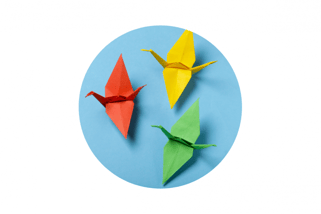
Practical skills to build an environment based on trust, psychological safety, empathy & inclusion, leading to improved team performance.
Based on neuroscience, mindfulness and behavioral research, this interactive 3.5-hour program offers practical interpersonal skills grounded in attention training, growth-oriented mindsets and collaborative behaviors, to improve team performance. This training will help you and your team to:
- Deepen self-awareness and learn how our thoughts and behaviors impact team dynamics
- Expand awareness of self and others
- Build effective and non-reactive communication skills
- Generate a culture of trust and inclusion
- Cultivate a prosocial mindset of humility and curiosity
- Promote team interactions that create a learning community
- Optimize team engagement, agility, and effectiveness
A practical, experiential and highly interactive program presenting tools that can be applied immediately within teams and organizations.
Program Overview
The live sessions are structured into three 90-minute modules that offer simple, practical and applied tools for building resilience and thriving especially in challenging times or environments:
1
Module 1: Develop Clarity
(90 minutes)
Managing stress and overwhelm, and staying focused in difficult and uncertain times.
2
Module 2: Shift Mindsets
(90 minutes)
Mindsets and skills for adaptability and creativity in the midst of uncertainty and complexity.
3
Module 3: Build Trust
(90 minutes)
Creating a change-capable culture by growing empathy and psychological safety in your team and organization.
Develop Clarity
Managing stress and overwhelm, and staying focused in difficult and uncertain times.
Learning Objectives
- Equip yourself and the team with tools for staying calm and working with difficult emotions in the midst of adversity.
- Develop the skills for harnessing mental clarity and focus in uncertain and ambiguous times.
Outcomes: Tips and techniques for staying calm and working with difficult emotions together with practices to develop mental clarity and focus in difficult times.
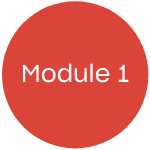
Shift Mindsets
Mindsets and skills for adaptability and creativity in the midst of uncertainty and complexity.
Learning Objectives
- Grow capacity to adapt in the face of major disruptions in work and life
- Broaden perspectives to transition from negativity biases to growth mindsets
- Increase creativity and define new possibilities
Outcomes: Build skills and capacities for effectively adapting to change, boosting creative problem-solving and staying agile in a VUCA world.
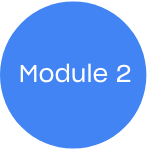
Build Trust
Creating a change-capable culture by growing empathy and psychological safety in your team and organization.
Learning Objectives
- Understand the role connection can have in building trust.
- Grow capacity to exercise empathy and compassion in challenging times.
- Understand psychological safety and how to integrate it into your team and organization especially during times of difficulty and massive disruption.
Outcomes: Actionable skills for growing empathy and psychological safety in order to create an agile, change-capable culture in teams and organizations.
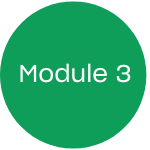
In each of the modules, emphasis will be placed on concrete and practical skills and tools that you can implement immediately to boost resilience.
Upon completion of the Adaptive Resilience training, all participants will receive access to a digital resilience toolkit to enable ongoing learning and skill sustainment.
Adaptive Resilience is now approved by the International Coaching Federation. Coaches receive 4.5 Continuing Coaching Education credits when attending the program!

Join an Upcoming Adaptive Resilience Program
Context
Current behavioral science, neuroscience and corporate research shows that when it comes to optimal team performance what really matters is less about who is on the team, and more about how the team works together. Specifically, individuals and teams work best in an environment where they feel:
- Included
- Safe when learning something new
- Comfortable making contributions
- At ease when challenging the status quo
- Without fear of being embarrassed, marginalized or punished in some way
Program Structure
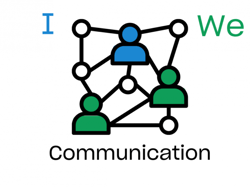
-
The “I” in Team: leveraging mindfulness skills and building self-awareness of how our thoughts, feelings and behaviors impact others.
-
The “We” in Team: building awareness of others to enhance psychological safety, trust and empathy.
-
Communication Skills: working more effectively with others using clear communication and feedback.